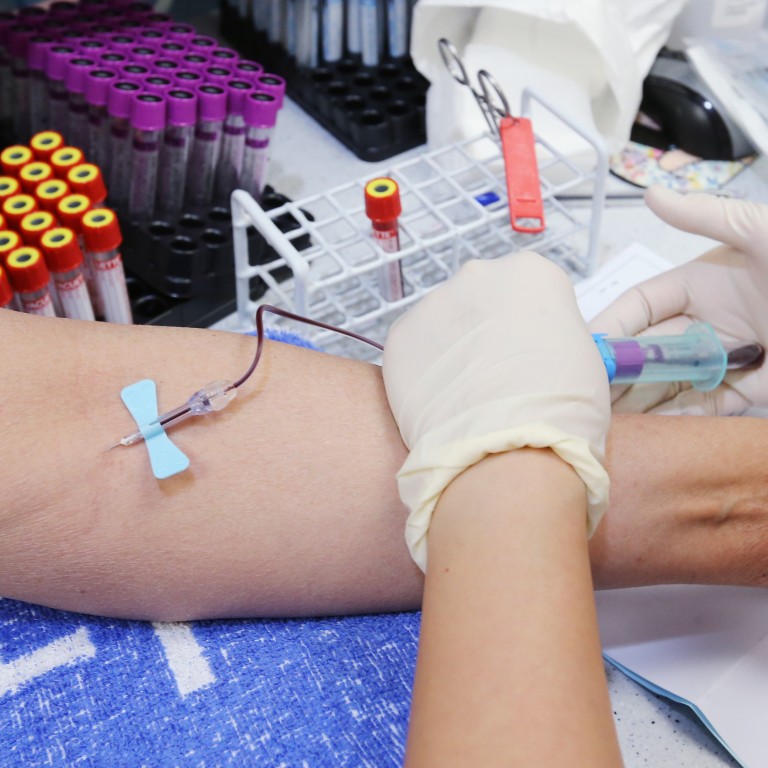
Corporate health care benefits come under cost pressure as coronavirus outbreak heightens awareness, demand
- Some countries to experience higher costs of providing corporate health care benefits, including in Malaysia and Hong Kong: Willis Towers Watson
- Cancer and cardiovascular diseases will remain the top conditions by cost, according to respondents in a survey
The costs of employer-sponsored health care benefits in Asia-Pacific will rise faster than the global average this year, according to global advisory and insurance firm Willis Towers Watson. The bills could spike if the coronavirus outbreak turns “uncontrollable,” it added.
They are expected to increase by 7.1 per cent this year in Asia-Pacific, compared with an average 6.8 per cent gain globally, based on a survey of medical insurers by the London-based company. The costs in some countries will rise more than the average rate, including in Malaysia (12.6 per cent), China (9.8 per cent), Singapore (9.3 per cent) and Hong Kong (8.3 per cent).
More than a third of insurers expect they will continue to increase in the next three years, according to the survey of 296 medical insurers it conducted from July to September last year.
Hong Kong’s health care system is teetering on the brink. What’s wrong with it, what can be done to fix it and will the budget provide some answers?
“Despite the regional variation in cost increases, they continue to outpace inflation and remain unsustainable, so neither insurers nor employers should be complacent,” said Cedric Luah, head of health and benefits for Asia and Australasia at Willis Towers Watson.
Cancer and cardiovascular diseases will remain the top conditions by cost, according to the survey. Other factors contributing to higher costs include doctors recommending too many services, and the overuse of care by insured members, as well as costs of treatments and new medical technology advancements like the use of robots.
Number of coronavirus cases in Hong Kong could surge to more than 1,000 in next two weeks, scientist claims
Ageing populations generally result in more chronic and lifestyle illnesses such as cancer, diabetes and cardiovascular diseases, according to Switzerland’s biggest insurer, Zurich Insurance. The Covid-19 outbreak will boost health care demands amid a surge in infections, the insurer said.
Almost 81,000 people have now been infected by the disease globally and nearly 3,000 have succumbed to it. Though mainland China boasts the most cases by far, infections have spread as far as the US, Italy and Iran in the past week.
“While the impact [of coronavirus] on medical cost is still unknown for now, it is expected that costs will escalate this year” if it turns into a full-blown pandemic, Luah said. “For now, we do not think this is highly probable.”
Governments also often step in and cover large medical costs when “significant outbreaks” occur, noted Luah, mitigating the strain on private or corporate insurance policies. The outbreak, however, will make people more conscious of their health and result in more medical checks for minor illnesses, like blood tests and scans, he added.

